New iOS 13 feature has led tens of millions of iPhone users to disable this setting
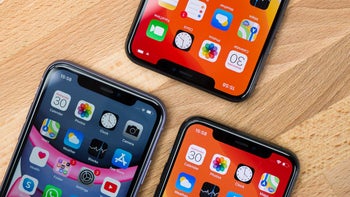
Apple dropped iOS 13 in September; one of the new features it brought to iPhone users was a notification reminding them how many times a particular app tracked their location over the past three days. It then asks whether the user wants to continue allowing the app to track their location data. As an example, an iPhone user might have received a notification that said, "Google Maps has used your location 120 times in the background over the past three days.
Do you want to continue to allow background location use?" The Wall Street Journal says that since the release of iOS 13, "tens of millions" of iPhone users have blocked the ability of apps to track them in the background. For this information, the paper cites a company named Location Sciences "that verifies the accuracy & quality of location data used in proximity-targeted advertising," according to its website.
- iPhone 13: price, release date, features, and specs
It appears that many iPhone users didn't know that their location was being tracked in the background by some of the apps that they installed on their phones, that is until they received these notifications. Last summer, the Wall Street Journal found that 99% of the iOS apps it looked at contained third-party trackers that collected personal data for ads, marketing purposes and analytics. 79 out of 80 apps listed in a promotional section called "Apps We Love" included at least one third-party tracker with the average being four.
Some apps require constant tracking of a user's location data
The new popup notifications referencing location data have upset certain developers who offer apps that depend on knowing iOS users' locations at all times. Seven of these developers collectively sent an email to Apple CEO Tim Cook in August complaining that the iOS 13 notifications could limit the number of installs that their apps receive. One of these apps, Life360, allows family members to track each other's locations in case an ambulance needs to be called. Another one of these apps is Tile; this app is designed to help users find keys, electronic devices, and other portable items. Both of these apps need to be able to track the location of users at all times and the developers are frustrated that Apple is giving its own Find My app a little advantage. While the latter also needs to constantly track users, Apple does not send out the popup notifications for this app that it does for the others.
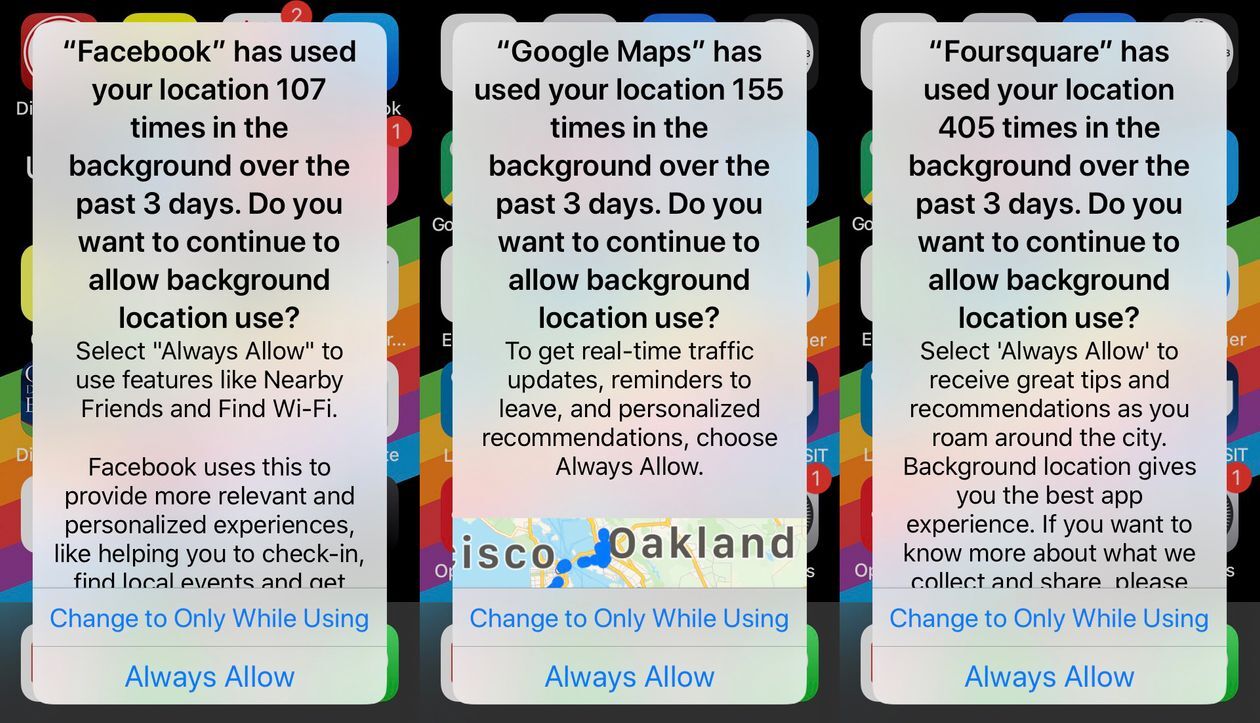
These popup notifications are scaring some iPhone users into disabling location tracking
Chris Hulls, the co-founder and CEO of Life360 isn't angry at Apple, nor does he think that the company is doing this to benefit its own tracking app. "We genuinely believe that Apple has the user’s best interest at heart," the executive said. "And we appreciate that they listened to us when we raised these issues. We believe that sometimes there are just unanticipated consequences of the actions they take." While Tile did not comment, an Apple spokesman stated that "Apple has not built a business model around knowing a customer’s location or the location of their device." The information that these apps collect is sold to advertisers, retail chains and even hedge funds who use this data to figure out consumer trends.
The tracking location provides more accurate data as to a consumer's intentions. For example, John Doe might go on Google and search for several books related to diets. But the location information may reveal that Mr. Doe actually enjoys eating at KFC, McDonald's and Wendy's.
Several iPhone users are upset because setting their handset to "Always Allow" for popup notifications doesn't stop the reminders from appearing every few days. One iPhone user named Cory Therriault says, "When I say 'Always Allow,' I don’t mean 'always allow until the next time you ask me. It’s a little silly that it would ask you repeatedly whether you want something to be always allowed. Why do they think I’m changing my mind?" And even if an iPhone user stops allowing some apps to track him or her, there are usually some apps that the user will continue to allow location tracking for. And these apps will send location data to advertisers.

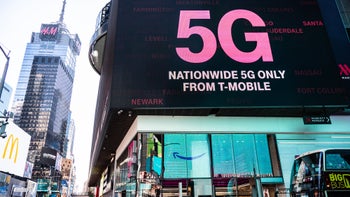
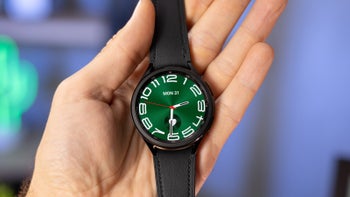
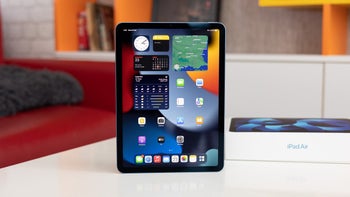

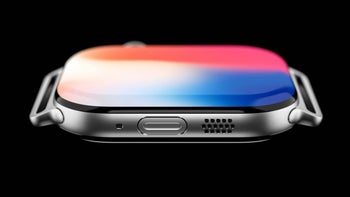
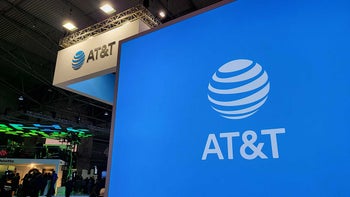

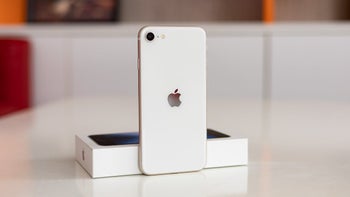
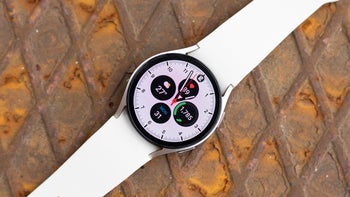
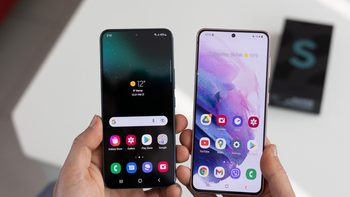
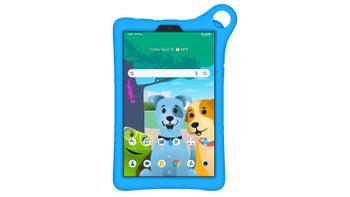

Things that are NOT allowed: